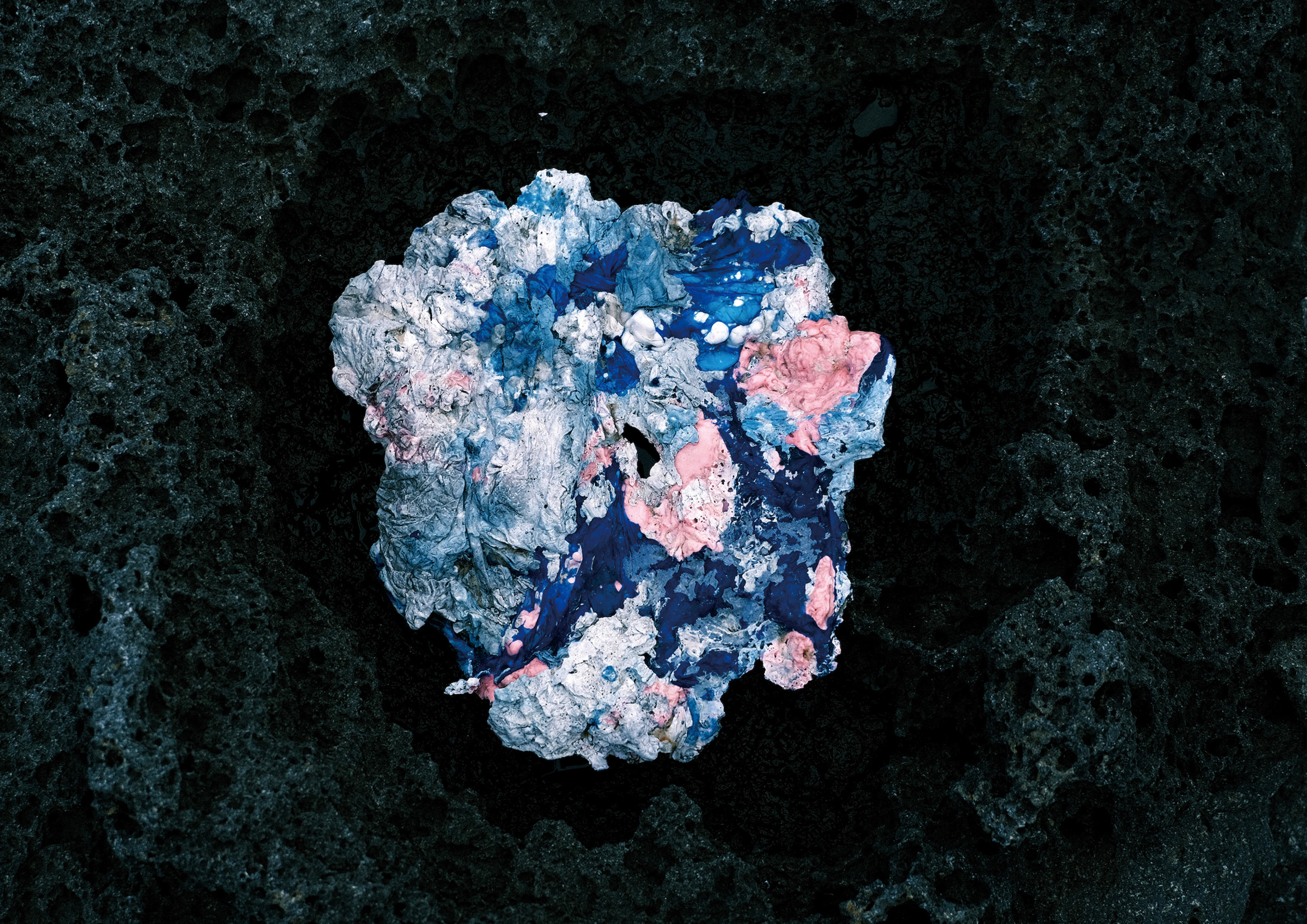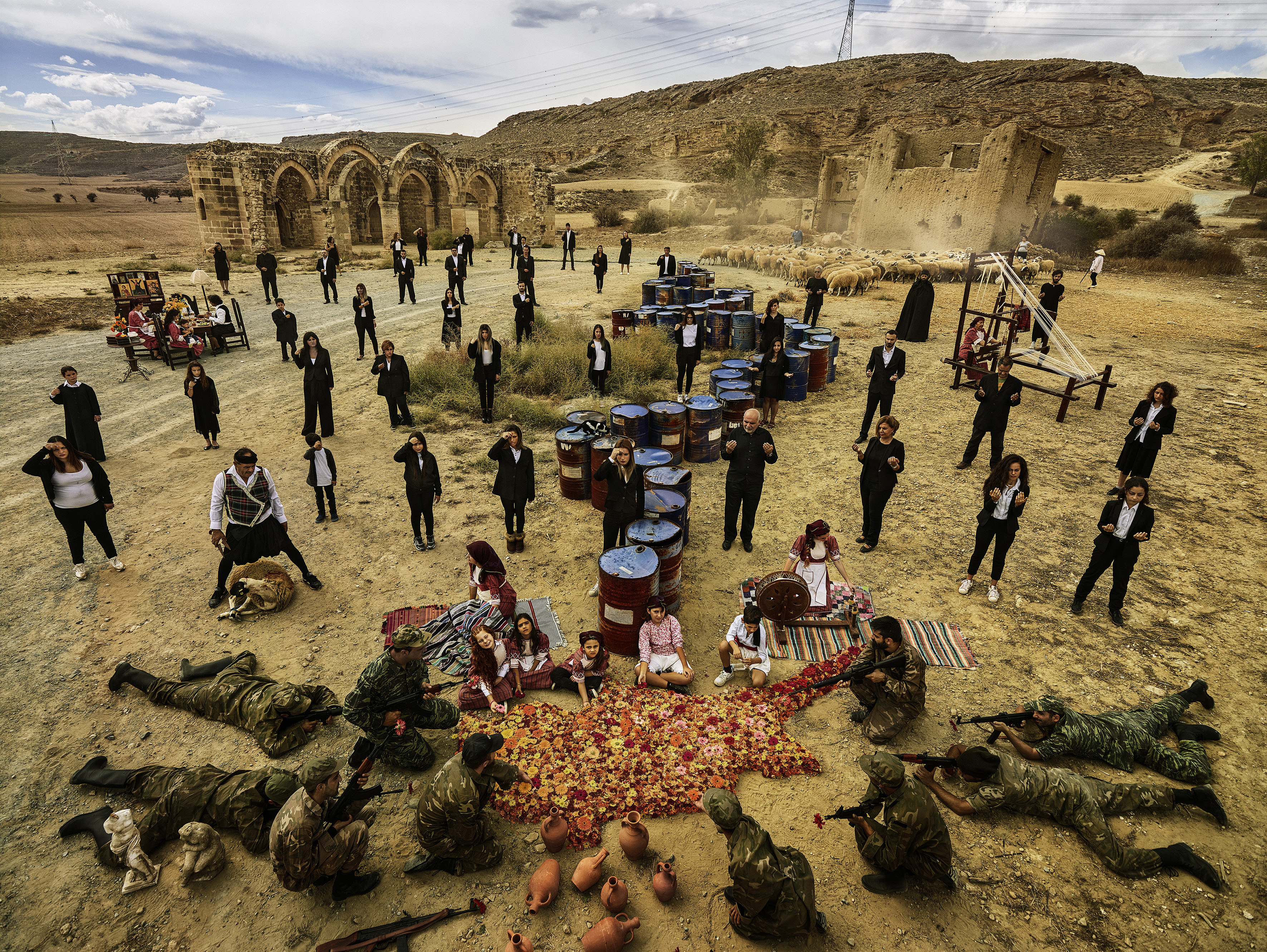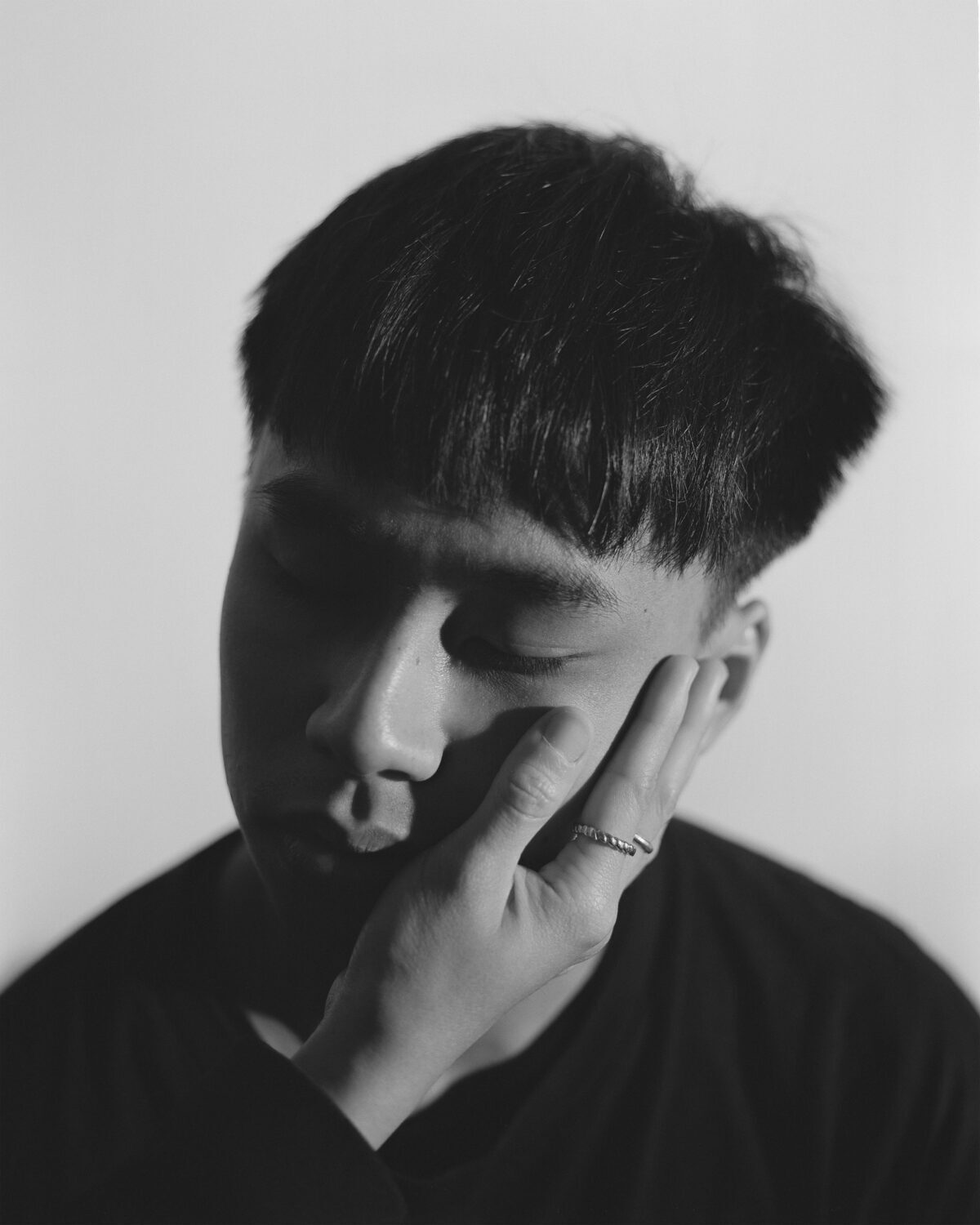A6
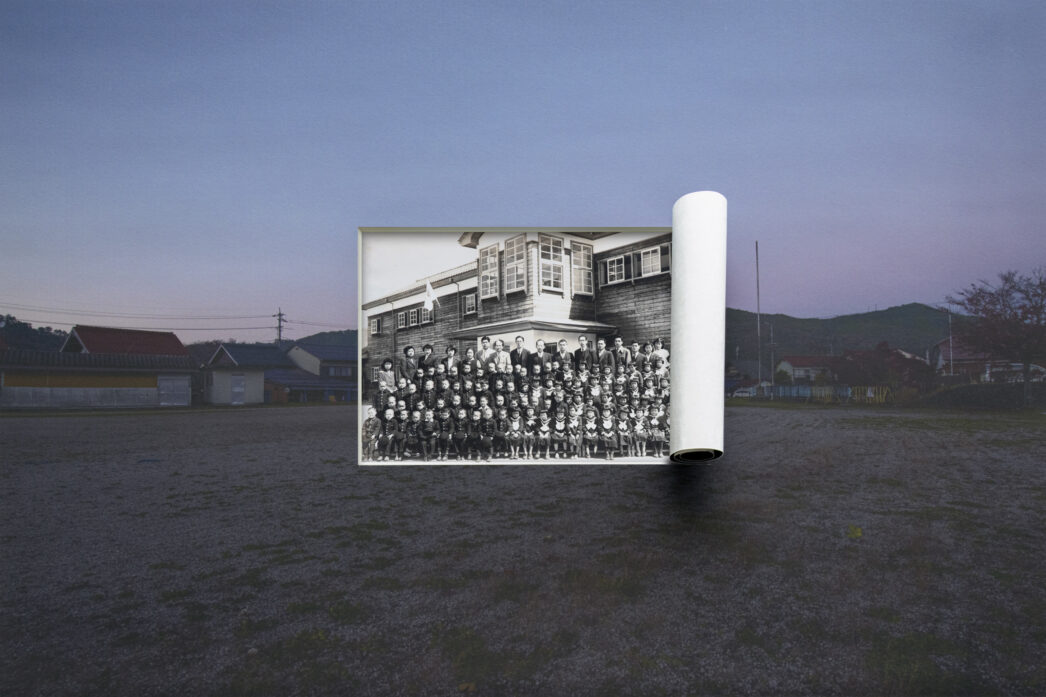
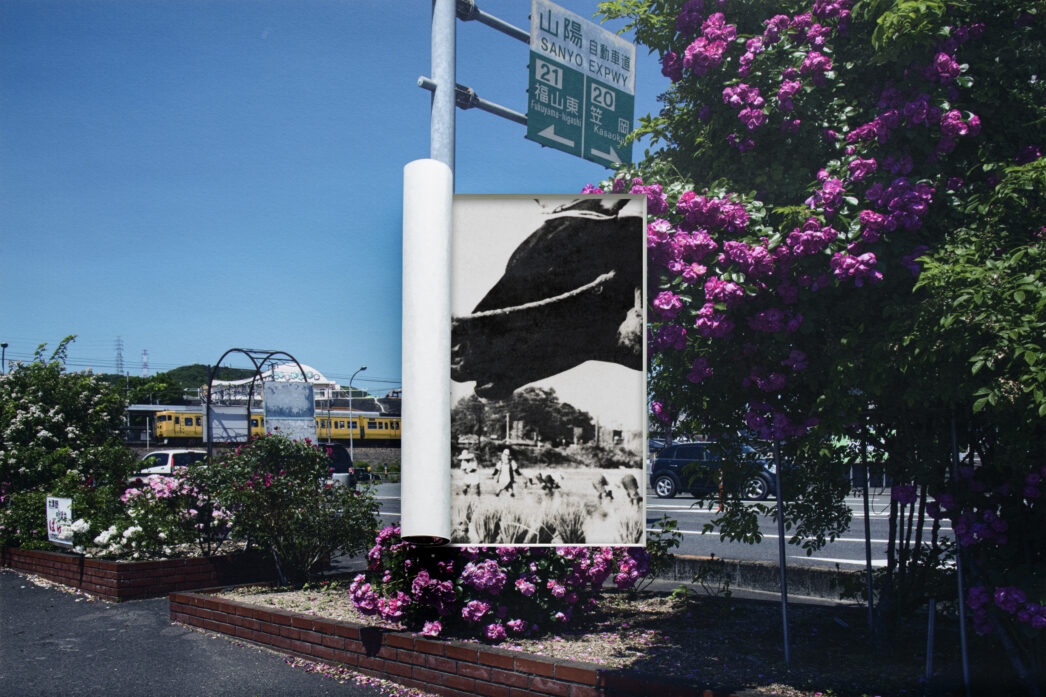
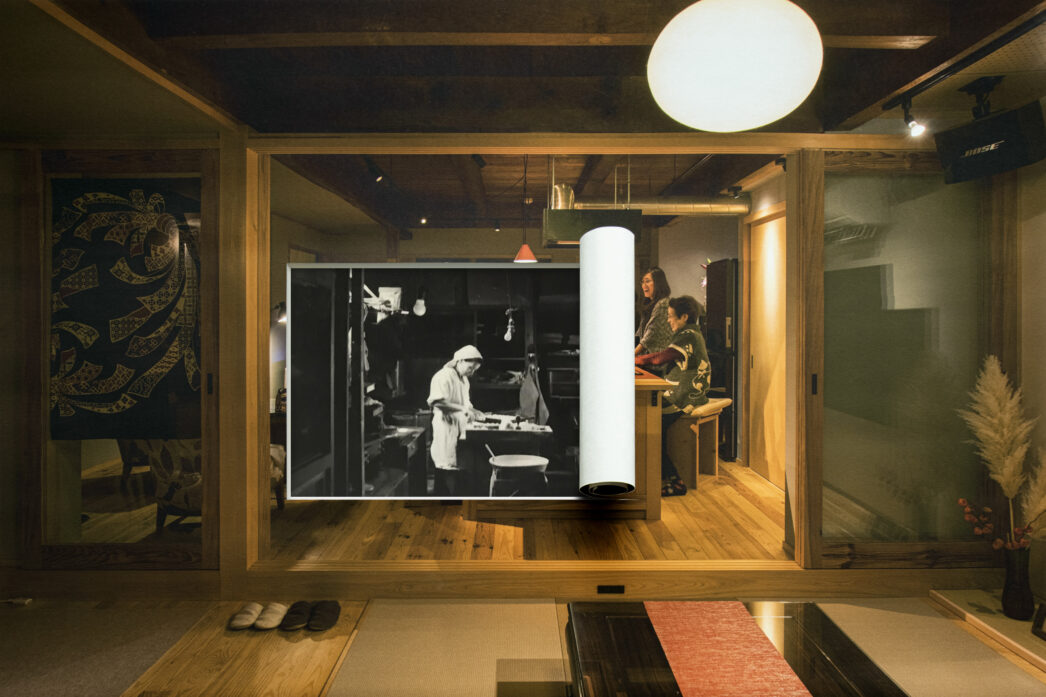
紀成道
Seido Kino
x elements / Growth
The true logic of this world is in the calculus of Probabilities, which takes account of the magnitude of the probability which is, or ought to be, in a reasonable man's mind. – James Clerk Maxwell (1831–1879), Scottish physicist
In today's era of high uncertainty, is it possible for an equation to exist that leads from the continuous past to the future? After World War II, Japan achieved impressive economic development driven by manufacturing, but this also led to an uneven distribution of the population, and the problem of depopulation in rural areas. The San’yo and San'in regions of Western Japan, divided by the Chugoku Mountains, typify this pattern. San’yo literally means the sunny side of the mountains, while San'in means the shady side. In the 1960s, a certain city in the San’yo region attracted the world's largest steel mill, and its population doubled. With development, the landscape was completely transformed, making it hard to imagine what the area once looked like. By contrast, a city in the San'in region lost half its population as young people left for urban areas where jobs were plentiful. The traditional iron-making method called ‘tatara,’ the culture of rice cultivation, and the world of myths and legends remain alive in San'in, and are connected to the present day.
Landscapes are the result of people's hopes and desires in the past. If we dig into the background, it becomes possible to calculate backwards. So, based on the present, what does the future hold for each of these regions?
Horikawa Oike Gallery
238-1, Oshiaburanokoji-cho, Nakagyo-ku, Kyoto, 604-0052
Subway Tozai Line "Nijojo-mae" station. 3 min on foot from exit 2
4.13 Sat.–5.12 Sun.
11:00–18:30
Closed: Mon.
11:00 - 18:30
Free



